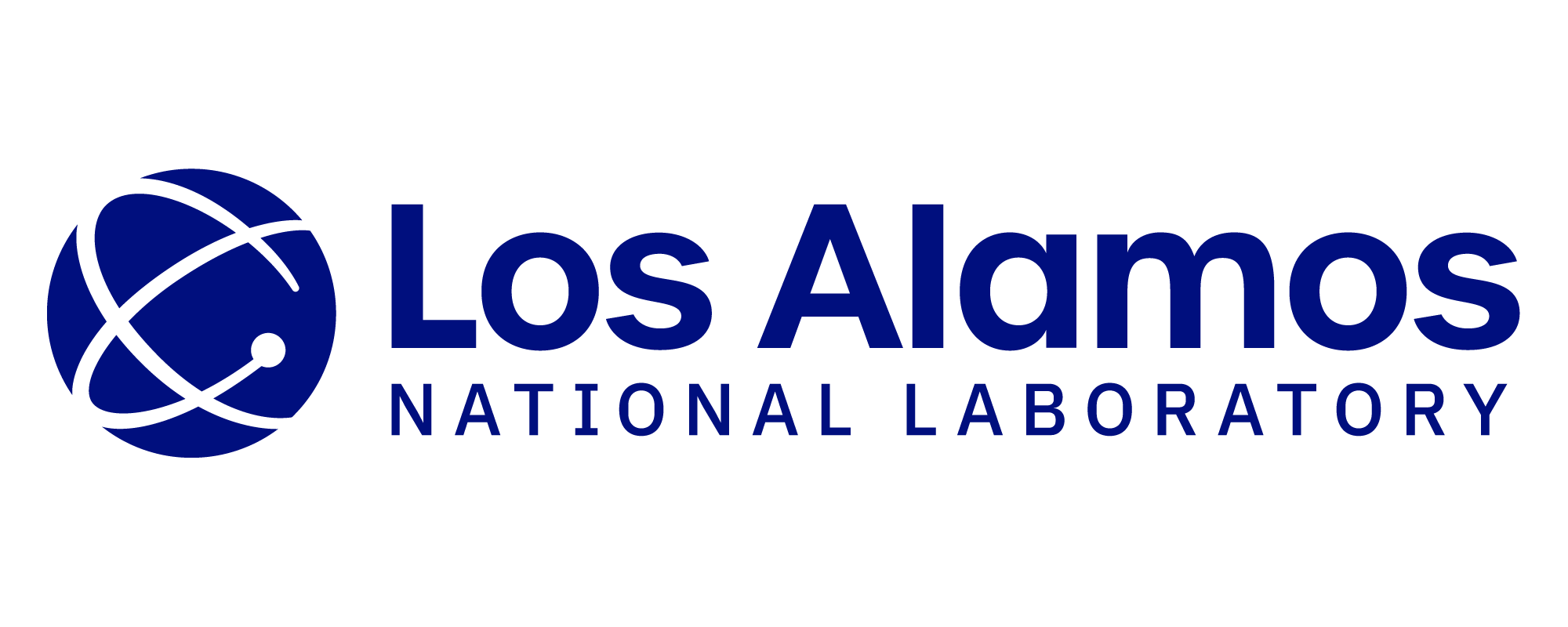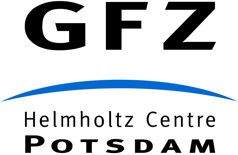DEPARTMENT OF GEOPHYSICS COLLOQUIUM
German Research Centre for Geosciences, GFZ
Thursday, October 20, 11:00, Building A42 room 129/130
"Space Weather, Solar Storms, and You"
Dr. Geoffrey D. Reeves
Los Alamos National Laboratory, Intelligence and Space Research Division
BIOGRAPHY: Geoff Reeves is the Chief Scientist for Intelligence and Space Research at Los Alamos National Laboratory (LANL) in New Mexico, USA.He is a fellow of both LANL and the American Geophysical Union where he currently serves as president for Space Physics and Aeronomy. Geoff’s research concentrates on understanding the near-Earth space environment, space weather effects on commercial and military satellite systems, and radiation hazards from nuclear explosions in space. He has been active on a number of NASA, DoE, and European satellite systems including GPS, Polar, Cluster, MMS, and the Van Allen Probes. He has published over 500 papers on geomagnetic storms and substorms, radiation belt dynamics, energetic neutral atom imaging, the effects of nuclear explosions in space, and active space experiments including the use of space-based electron beams to study wave-particle interactions.
ABSTRACT: Space Physics refers to the study of physical processes from the Sun to the edges of our solar system. Often it involves measurements of the charged particles and electromagnetic fields that make up space plasmas. Plasmas behave as a coupled, nonlinear fluid and control the flow of energy and momentum in space. Space Weather refers to the application of the scientific discipline of space physics to the practical needs of society. The goals of space weather are to understand, specify, and predict severe conditions in space that can adversely affect essentially all technological systems that have links to space - including satellites, human space flight, terrestrial power systems, communications, etc.
Both fundamental (space physics) and applied (space weather) research pre-date the modern space era. Studies of the sun, sunspots, and solar flares date back to the time of Galileo. Studies of the aurora borealis date back to the earliest times that humans migrated far enough north to observe them. Space weather effects were interrupting and damaging technological systems long before people understood their causes. Now, both the number and severity of space weather effects is increasing in unprecedented ways as the barriers to space come down like never before and as our ground-based technologies are increasingly connected with our space-based ones. I will discuss what we mean when we talk about space weather, some of its history, the physical processes that produce it, and what it means to us here on Earth.
For those who would like to join via Zoom please ask for access.



